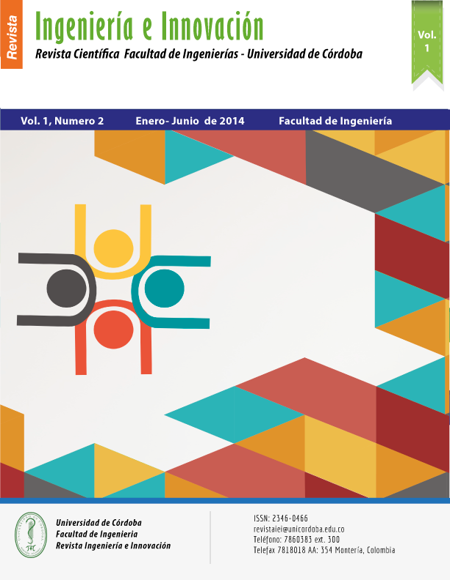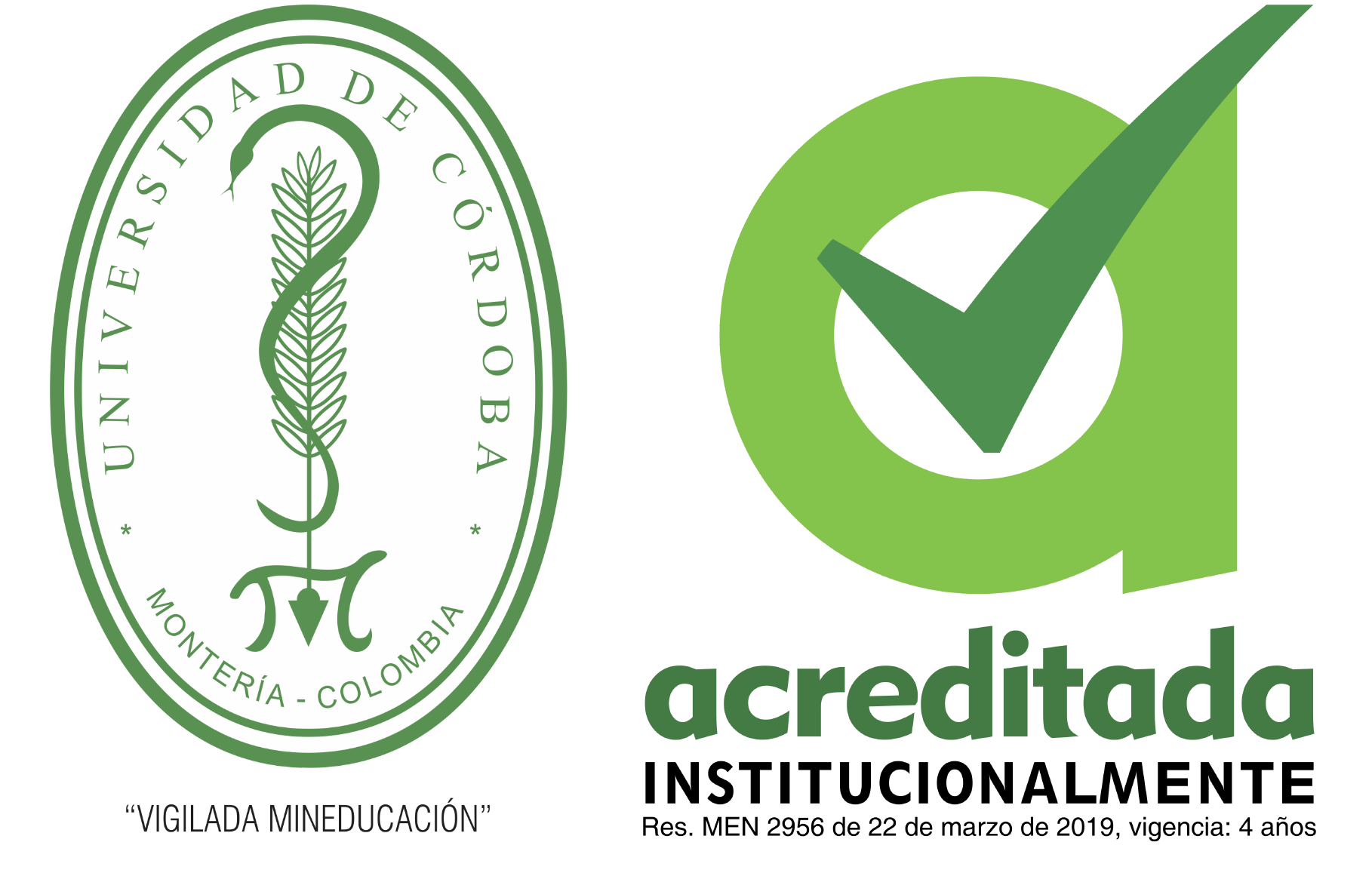A METAMEMORY MODEL FOR AN INTELLIGENT TUTORING SYSTEM UN MODELO DE METAMEMORIA PARA UN SISTEMA TUTOR INTELIGENTE
A METAMEMORY MODEL FOR AN INTELLIGENT TUTORING SYSTEM UN MODELO DE METAMEMORIA PARA UN SISTEMA TUTOR INTELIGENTE
Mostrar biografía de los autores
Metamemory refers to the processes involved in self-regulation or self-awareness of memory. In this paper we describe a novel rule-based architecture of metamemory named M2-Acch. M2-Acch consists of a cycle of reasoning about events that occur in long-term memory (LTM) in an intelligent tutoring system. M2-Acch is composed of a three layer structure: static layer, functional layer and information layer. The structural components of each layer model are described using formal definitions. M2-Acch uses confidence judgments for recommending search strategies for adaptation to changes in the information retrieval constraints. An intelligent tutoring system named FUNPRO was implemented and validated. The results of the experimental tests show that M2-Acch can be used as a valid tool for adapting to changes
Visitas del artículo 476 | Visitas PDF
Descargas
- R. Schank, Dynamic memory: A theory of reminding and learning in computers and people. Cambridge, MA, 1982.
- E. Düzel, R. Cabeza, T. W. Picton, a P. Yonelinas, H. Scheich, H. J. Heinze, and E. Tulving, “Task-related and item-related brain processes of memory retrieval.,” in Proceedings of the National Academy of Sciences of the United States of America, 1999, vol. 96, no. 4, pp. 1794–9.
- J. Metcalfe and J. Dunlosky, “Metamemory,” H. L. Roediger III (ed.), Cogn. Psychol. Mem. Vol. [2] Learn. Mem. A Compr. Ref., vol. 4 vols. (J, 2008.
- H. Ebbinghaus, Memory: A contribution to experimental psychology. 1962.
- D. B. Leake, “Representing Self-knowledge for Introspection about Memory Search A Planful Framework for Internal Reasoning,” in AAAI Spring Symposium on Representing Mental States and Mechanisms, 1995.
- J. Kizilirmak, F. Rösler, and P. Khader, “Control processes during selective long-term memory retrieval.,” Neuroimage, vol. 59, no. 2, pp. 1830–41, Jan. 2012.
- N. Unsworth, “On the division of working memory and long-term memory and their relation to intelligence: A latent variable approach.,” Acta Psychol. (Amst)., vol. 134, no. 1, pp. 16–28, May 2010.
- A. Mecklinger, “The control of long-term memory: brain systems and cognitive processes.,” Neurosci. Biobehav. Rev., vol. 34, no. 7, pp. 1055–65, Jun. 2010.
- N. Huet and C. Mariné, “Memory strategies and metamemory knowledge under memory demands change in waiters learners,” Eur. J. Psychol. Educ., vol. XII, no. 1, pp. 23–35, 1997.
- M. Cox, T. Oates, and D. Perlis, “Toward an Integrated Metacognitive Architecture,” in Advances in Cognitive Systems: Papers from the 2011 AAAI Fall Symposium (FS-11-01), 2011, pp. 74–81.
- J. A. Crowder and S. Friess, “Metacognition and Metamemory Concepts for AI Systems,” in International Conference on Artificial Intelligence, ICAI 2010, 2010.
- J. Flavell and H. Wellman, “Metamemory,” in Perspectives on the Development of Memory and Cognition (pp. 3-33). Hillsdale, NJ:, & J. W. H. (Eds. . R. V. Kail, Jr., Ed. Lawrence Erlbaum Associates, 1977.
- M. F. Caro, R. E. Toscano, F. Hermández, and M. E. David, “Diseño de software educativo basado en competencias,” Cienc. e Ing. Neogranadina, vol. 19, no. 1, pp. 71–98, 2009.
- S. Ghetti, K. E. Lyons, F. Lazzarin, and C. Cornoldi, “The development of metamemory monitoring during retrieval: the case of memory strength and memory absence.,” J. Exp. Child Psychol., vol. 99, no. 3, pp. 157–81, Mar. 2008.
- Manuel F. Caro, A METAMEMORY MODEL FOR AN INTELLIGENT TUTORING SYSTEM





